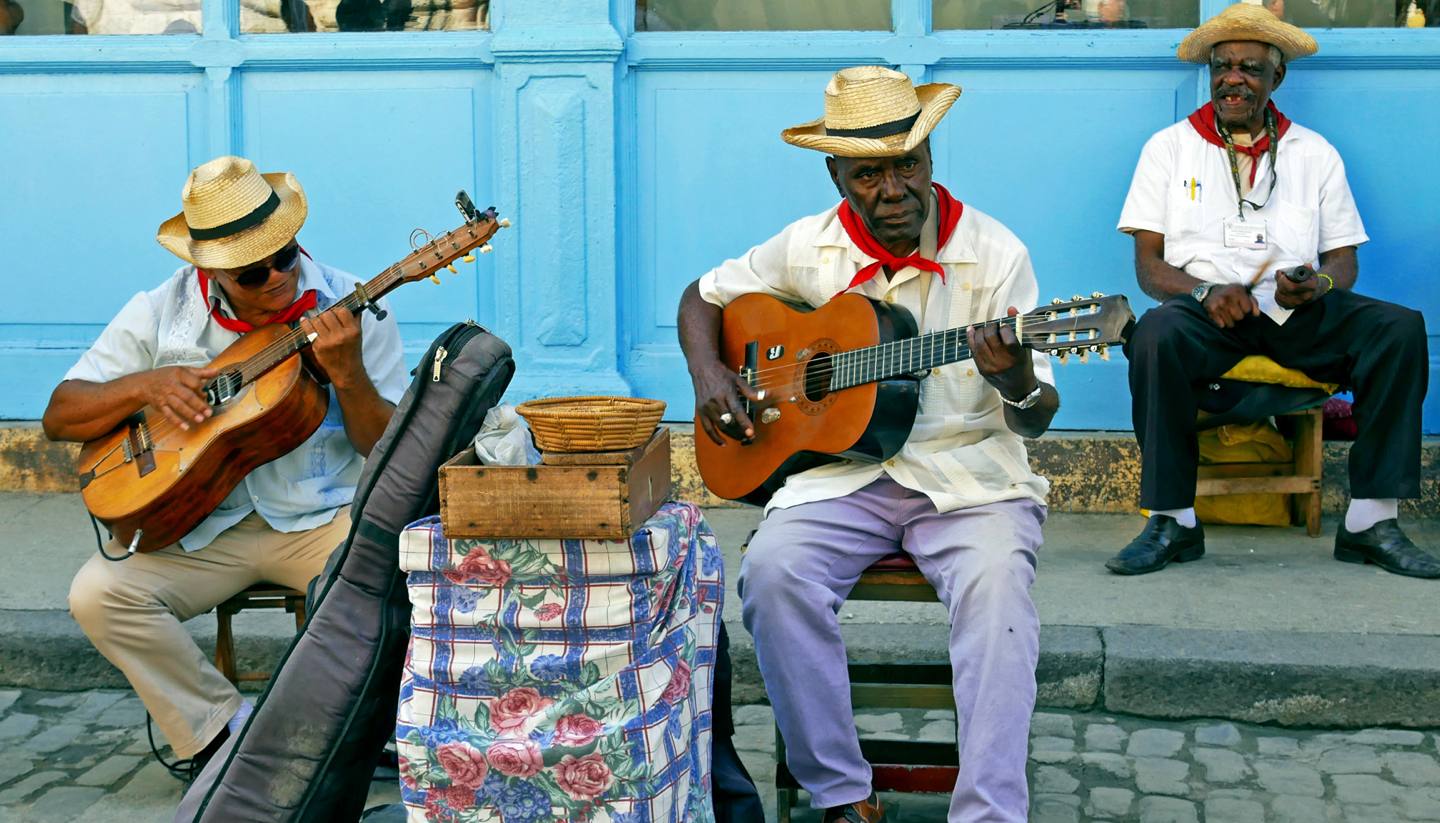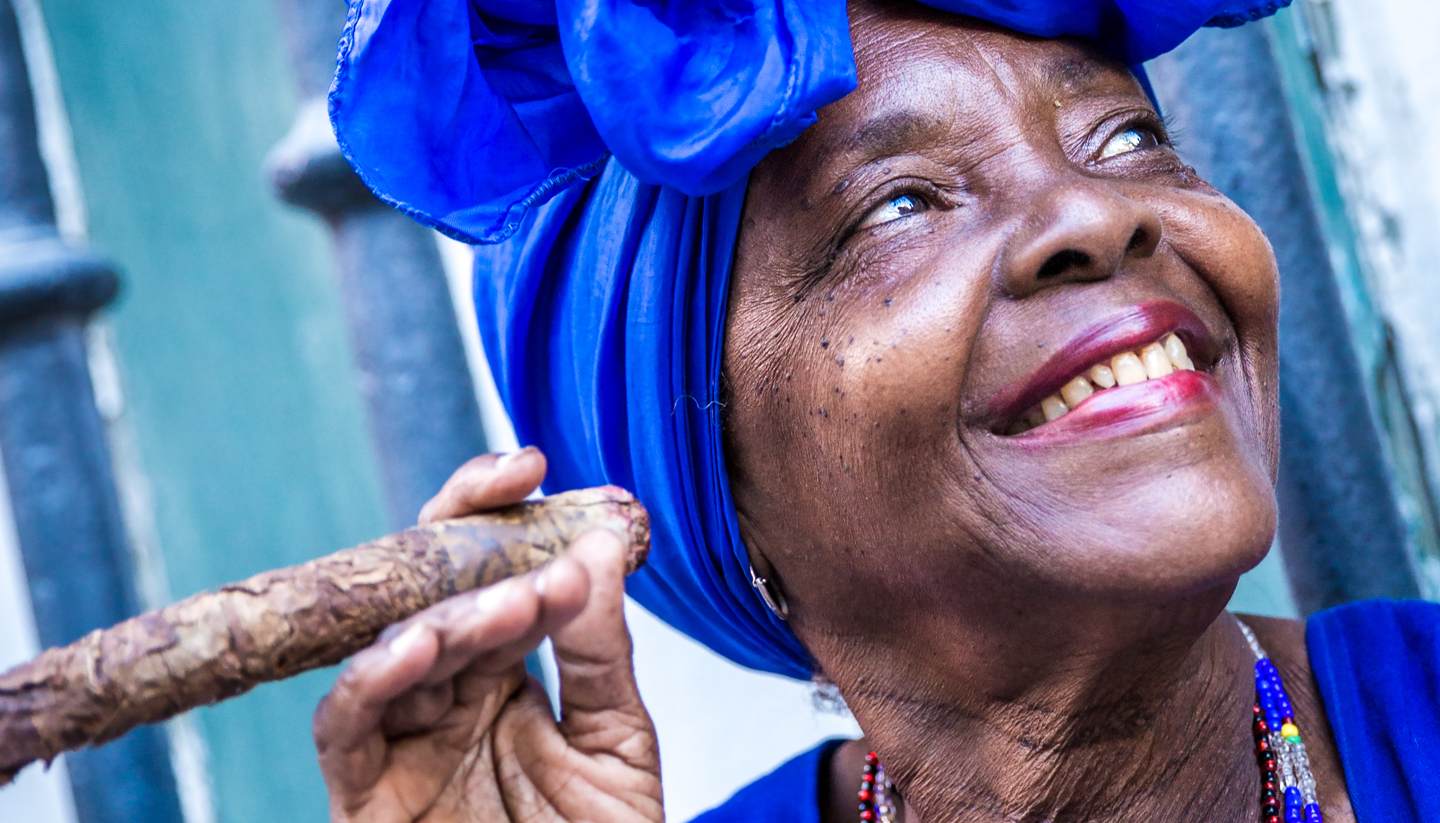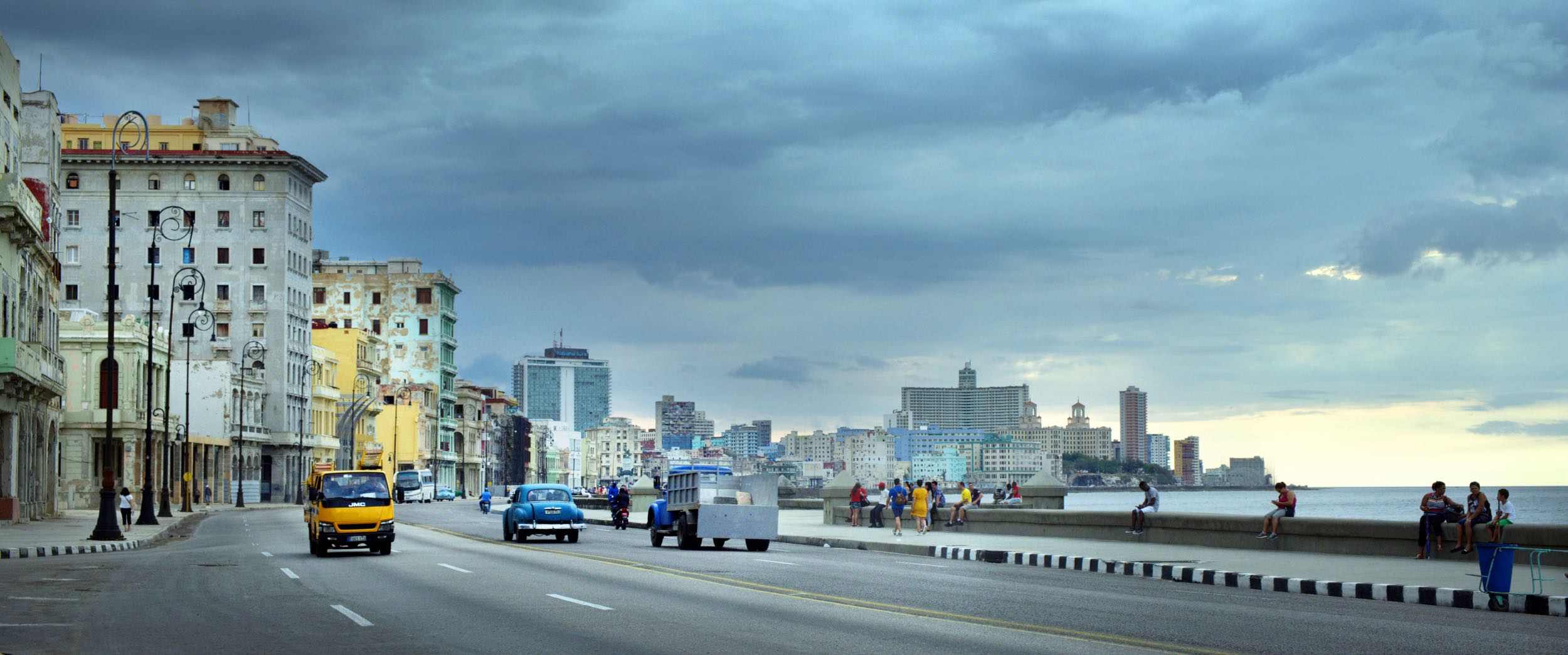Cuba History, Language and Culture
History of Cuba
Claimed by Christopher Columbus for Spain in 1492, Cuba developed to become the most important source of raw sugar for the Spanish empire in the 18th century. In the 19th century, Cuba fought two wars of independence. The first, between 1868 and 1878, ended in a truce with Spain promising greater autonomy, but the promises were never realised. The second war of independence began in 1895 when poet and revolutionary José Martí inspired the rebels to fight. The war ended in 1898 when the USA was drawn into the war and defeated Spain. Consequently, Spain gave up all claims to Cuba and ceded it to the US.
In 1902, Cuba declared independence, but the US maintained political and economic control of the island. In 1933, Fulgencio Batista came to power in a coup – he ruled Cuba twice, from 1933-44, and from 1952-59. The second time he ruled Cuba as a corrupt dictator.
Then came Fidel Castro and his rebel army, which overturned the Batista government in 1959, establishing a socialist state. All US businesses were nationalised without compensation in 1960, prompting Washington to break off all diplomatic relations with Cuba. In 1962, Cuba accelerated its relationships with the Soviet Union, allowing the USSR to deploy nuclear missiles on the island.
When the USSR was dissolved in 1989, Cuba experienced an extraordinarily difficult economic period. Two decades later, President Obama signalled a new beginning with Cuba. He then visited Cuba in 2011, becoming the first sitting US President to visit Cuba since Coolidge in 1928. However, President Trump later overturned some aspects of the policy, reimposing restrictions on tourism and commerce.
Fidel Castro resigned as President in 2008 in favour of his brother Raúl. Raúl served as the President until 2018 when he was succeeded by Miguel Diaz-Canel.
Did you know?
• The literacy rate in Cuba is 99.8%, one of the highest in the world.
• Son Cubano, upbeat rhythms played with a classical guitar, is the most popular musical genre in Cuba.
• Baseball is the most popular sport.
Cuba Culture
Religion in Cuba
Technically a Roman Catholic majority, though the percentage drops precipitously for practising Catholics. A variety of Afro-Cuban religions like Santería and Abakuá are widely practised.
Social Conventions in Cuba
The typical greeting in Cuba is one kiss on the right cheek – although kisses are less usual among men unless they are great friends or family members. A handshake is acceptable for men and women in formal situations.
Cubans tend to dress well when they go out for meetings or evenings out. Since the climate is warm and humid, most men opt for a cotton shirt (guayabera) with a pair of trousers. Men seldom wear shorts unless they are on the beach. Women tend to wear a dress when they go out.
Language in Cuba
The official language is Spanish.
Phrases
- Beer = Cerveza
- Closed = Cerrado
- Danger = Peligro
- Do you speak English? = ¿Habla inglés?
- Doctor = Médico
- Eight = Ocho
- Eighty = Ochenta
- Entrance = Entrada
- Exit = Salida
- Fifty = Cincuenta
- Five = Cinco
- Forty = Cuarenta
- Four = Cuatro
- Friday = Viernes
- Goodbye = Adiós, Ciao
- Hello = Hola
- Hotel = Hotel
- How are you? = "Qué tal estás" /"Cómo estás"
- How much does it cost? = "Cuánto es"
- I'm very well = Estoy muy bien
- I don't understand = No entiendo
- I feel ill = Me siento mal
- Menu = Carta
- Monday = Lunes
- My name is = Me llamo ...
- Nine = Nueve
- Ninety = Noventa
- No = No
- One = Un / uno / una
- One Hundred = Cien
- One Thousand = Mil
- Open = Abierto
- Please = Por favor
- Restaurant = Restaurante
- Saturday = Sábado
- Seven = Siete
- Seventy = Setenta
- Six = Seis
- Sixty = Sesenta
- Sunday = Domingo
- Ten = Diez
- Thank you = Gracias
- Thirty = Treinta
- Three = Tres
- Thursday = Jueves
- Today = Hoy
- Toilets = Baños
- Tomorrow = Mañana
- Tuesday = Martes
- Twenty = Veinte
- Two = Dos
- Wednesday = Miércoles
- Where is ? = ¿Dónde está?
- Wine = Vino
- Yes = Sí




